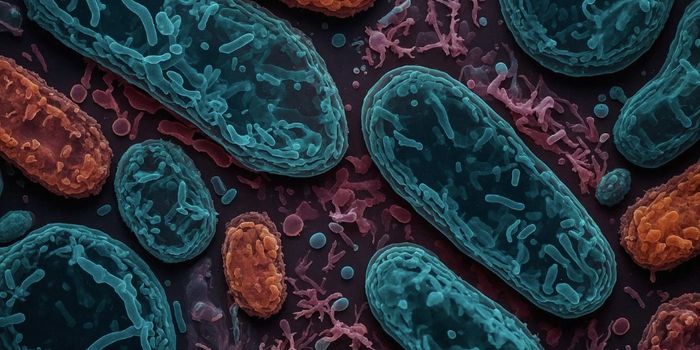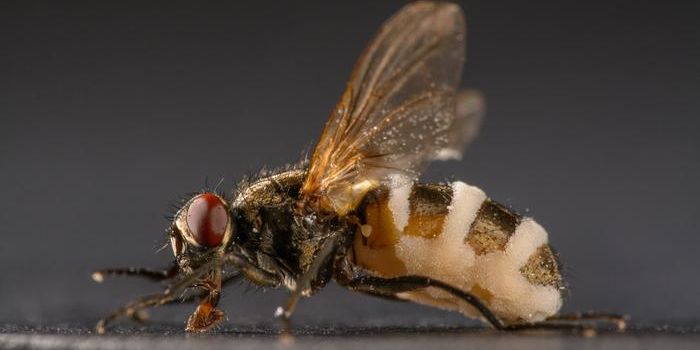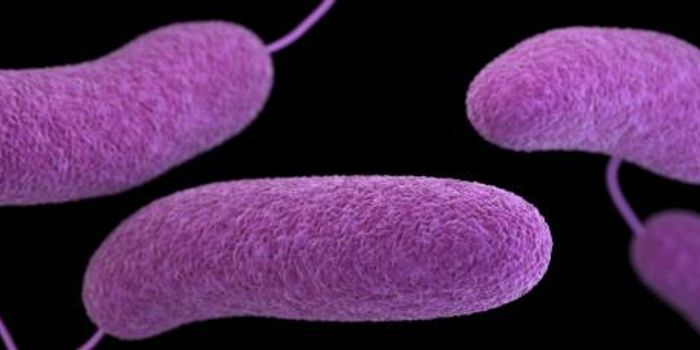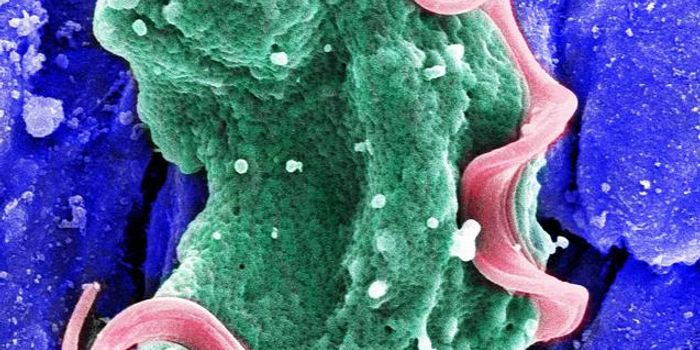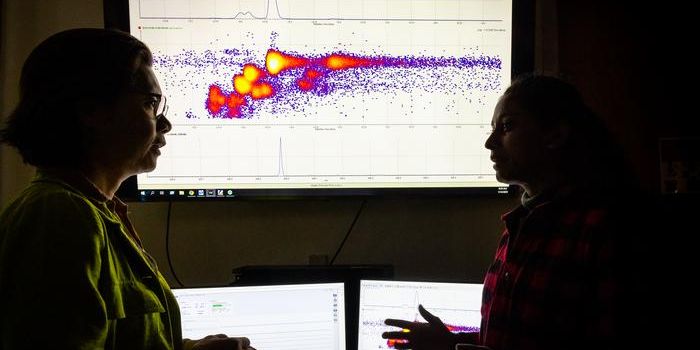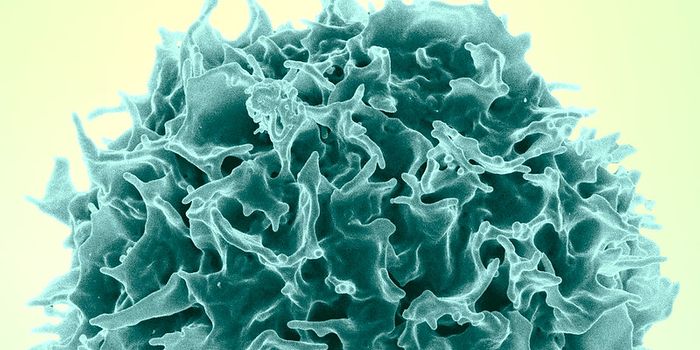Thousands of Novel RNA Viruses Found In Ocean Water Samples
Microorganisms have colonized nearly every part of the world, including our bodies, and there are so many microbes we know nothing about. Advances in genetic and computational technologies have now made it easier than ever to take samples the environment and analyze them to see what genetic material can be found in them. So, scientists have been able to learn a lot more about the various species of microbes like bacteria, archaea, and viruses that we share the world with.
Reporting in Science, investigators have now assessed samples of ocean water to reveal more than 5,500 novel RNA viruses that live in the sea. The work analyzed evolutionary patterns in a gene carried by those viruses to reveal more about them. The study suggested that five new phyla of RNA viruses or more may be necessary to classify them all. All five existing phyla are also represented by many viruses in this study.
The study authors suggested that many of the new species could be part of a new phylum called Taraviricota, which the scientists named for the consortium that helped collect the water samples, the Tara Oceans Consortium. The biological kingdom Orthornavirae has recently been expanded to include five phyla, and this research has added hundreds of new members to each of them. There were still thousands of viruses that could be placed in totally new phyla, which the researchers suggested naming Arctiviricota, Taraviricota, Pomiviricota, Paraxenoviricota, Wamoviricota.
Although there are many RNA viruses in the world, scientists tend to focus on the few that are problematic for people, animals, and plants, noted lead study author Matthew Sullivan, a professor of microbiology at The Ohio State University. "We wanted to systematically study them on a very big scale and explore an environment no one had looked at deeply, and we got lucky because virtually every species was new, and many were really new."
In this work, the researchers looked for genes expressed by marine organisms, then zeroed in on one gene in particular, called RdRp. The RdRp gene has been carried by marine viruses for billions of years, evolving the whole time, while remaining absent from other types of cells or viruses.
With machine learning, the scientists were able to rebuild billions of years of sequence changes in the RdRp gene. This tool could then also be used to classify RNA viruses that have already been found.
"RdRp is supposed to be one of the most ancient genes; it existed before there was a need for DNA," said said co-first study author Ahmed Zayed, a research scientist in microbiology at Ohio State. "So we're not just tracing the origins of viruses, but also tracing the origins of life."
Bacteria are thought to have a significant impact on our environment which is not well understood. At the same time, scientists are trying to learn more about the world's microbes and how they will be affected by a changing climate. Complicating the picture are viruses that infect bacteria and seem to impact those bacterial cells in a few ways; the viruses can change the host cell's metabolism, transfer host genes, or kill the host.
The oceans are full of microbes, and the oceans have been absorbing a lot of heat as the planet warms. Researchers have noted that it will be important to understand how marine microbes will be involved in climate change. Previous work by this research group has suggested that marine viruses can turn the dial on a natural cycle that affects how the ocean stores carbon.
Sources: The Ohio State University, Science


